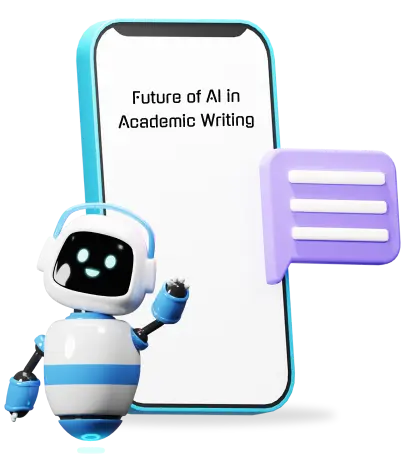🔥 First Order Is Free ( View Details )
In today's digital age, artificial intelligence (AI) has made its mark in various aspects of our lives, including education.
AI can now generate academic content, from essays to research papers. This advancement brings both convenience and concerns.
As we delve into the world of AI-generated academic content, it's crucial to understand the ethical considerations surrounding this technology. While it offers efficiency and assistance, questions arise about originality, credibility, and the role of human effort in education.
This blog aims to shed light on the ethical aspects of AI-generated academic content. We will explore the benefits it brings, but also the ethical dilemmas it presents.
By gaining a deeper understanding, we can make informed decisions about the use of AI in education.
So, let’s get started!
Artificial Intelligence has made remarkable strides in recent years, permeating various sectors and significantly impacting the world of education.
One of its prominent applications is in generating academic content, such as essays, research papers, and study materials.
Let’s delve into the fundamental aspects of AI-generated academic content.
AI-generated academic content is written materials created by AI that mimic human-authored academic work.
AI in academic writing analyzes large datasets of existing academic content to learn patterns, writing styles, and subject matter.
They then generate new content based on this learned knowledge.
The integration of AI into education has given rise to innovative tools and resources that are transforming the way academic content is created and consumed.
Here are some examples of AI-generated academic content, highlighting how these technologies are reshaping learning experiences and educational outcomes.
The proliferation of Artificial Intelligence (AI) in the realm of education has brought about remarkable advancements, particularly in the creation of academic content.
However, along with these advancements come a host of ethical dilemmas that demand careful consideration and responsible management.
In this section, we delve into the multifaceted ethical concerns that arise from the use of AI-generated academic content.
AI-generated content has the potential to blur the lines between original thought and replication.
Students, researchers, and educators need to grapple with the question of whether content created by algorithms can be considered genuinely original.
The challenge lies in ensuring that AI-generated content does not unintentionally contribute to plagiarism, undermining the core principles of academic integrity.
Maintaining the standards of academic integrity is paramount in the pursuit of education.
The introduction of AI-generated content raises concerns about the credibility of the work produced and the authenticity of academic accomplishments. It has also raised practical questions about balancing AI and academic integrity.
How can educators ensure that students are developing the critical thinking skills and research capabilities that traditional assignments foster?
The sophisticated capabilities of AI sometimes extend to mimicking human voices and styles.
This opens the door to potential impersonation, where AI-generated content could imitate the voice of a student, researcher, or educator.
The question of how to authenticate the source of content in an AI-driven landscape becomes pertinent.
Bias in AI research is a significant ethical challenge. AI systems learn from existing data, and if that data is biased, the generated content can inherit those biases.
Ensuring that AI-generated academic content is free from discriminatory biases and reflects diverse perspectives is an ongoing challenge.
While AI can produce content at an impressive pace, questions about the quality and accuracy of the generated material arise.
Can AI truly replicate the depth of understanding and insight that comes from human-authored content?
Striking a balance between efficiency and the pursuit of knowledge is a crucial consideration.
Disclosing the involvement of AI in content creation is an ethical responsibility.
Users of AI-generated academic content, whether students or educators, should be aware of the technology's role in crafting the material. The challenge lies in establishing clear guidelines for transparency to ensure informed use.
Take a look at this video to understand the ethical concerns while using AI-generated content here!
The integration of Artificial Intelligence (AI) into education has sparked a transformative ripple effect, reshaping the landscape of teaching, learning, and content creation.
At the heart of this transformation lies the emergence of AI-generated academic content, which is playing a pivotal role in changing the way we approach education and academia.
AI-generated academic content has the potential to revolutionize the dynamics of teaching and learning.
Educators can harness AI to create tailored study materials, freeing up valuable time for personalized instruction and mentorship.
Students, on the other hand, can access a wealth of resources that cater to their individual learning styles and needs, fostering a more inclusive and adaptive learning experience.
While concerns about AI potentially replacing educators persist, the reality is far more nuanced.
AI-generated content can complement the work of educators by providing them with a toolkit of resources and materials that enhance their teaching strategies.
Educators can focus on facilitating critical thinking, guiding discussions, and providing context, all while leveraging AI's efficiency in content creation.
AI-generated content has the power to bridge educational gaps and increase accessibility.
It can offer educational materials in multiple languages, making quality education available to a multilingual audience.
This inclusivity is especially impactful in regions with limited access to educational resources, enabling learners from diverse backgrounds and students with disabilities to engage with quality content.
One of the most significant benefits of AI-generated content is its ability to create personalized learning pathways.
Through data analysis tools, AI systems can identify individual students' strengths and areas for improvement, tailoring content to meet their specific needs.
This approach not only enhances learning outcomes but also fosters a sense of empowerment and engagement among students.
AI-generated content has the potential to expedite research processes and foster collaborative efforts among researchers.
By generating summaries, literature reviews, and research papers, AI can provide a foundation upon which scholars can build and contribute new knowledge more efficiently.
This acceleration of AI research can lead to quicker breakthroughs and advancements in various fields.
The integration of AI-generated academic content into education brings immense benefits, but it also raises significant ethical concerns that must be thoughtfully addressed.
In this section, we delve into various frameworks that can help navigate these ethical challenges and ensure responsible and equitable use of AI in educational content generation.
One fundamental approach to addressing ethical concerns is to embed AI ethics into the development process.
Developers should prioritize building AI systems that are designed to adhere to ethical principles from the outset. This involves considering how the AI system learns, the data it's trained on, and the potential biases it might inherit.
Creating oversight and review mechanisms can help ensure that AI-generated academic content aligns with ethical standards.
This could involve implementing checks for plagiarism, bias, and accuracy before the content is disseminated.
Educators, administrators, and AI experts could collaborate to establish a review process that maintains the quality and integrity of the generated material.
Clear guidelines are essential for users of AI-generated content, be they educators or students.
Educators should provide guidance on how AI-generated materials can be used ethically and how they can supplement, rather than replace, traditional learning and critical thinking.
Students should also be educated on responsible use, proper citation practices, and the limitations of AI-generated content.
A collaborative approach between educators and AI developers can help bridge the gap between technology and pedagogy.
Educators can provide insights into the specific needs and challenges of students, while developers can ensure that the AI systems align with educational goals. Regular communication and feedback can lead to the creation of AI-generated content that is both effective and ethical.
Transparency is crucial in maintaining the trust and ethical use of AI-generated content.
Developers should work on creating user interfaces that clearly indicate when content has been generated by AI. This transparency not only keeps users informed but also helps avoid potential issues related to authenticity and plagiarism.
In conclusion, the emergence of AI-generated academic content has ushered in a new era of possibilities in education and academia.
As we have explored in this blog, the benefits are undeniable. However, with every advancement, ethical considerations must be carefully addressed to ensure that the integrity and authenticity of education remain intact.
The ethical dilemmas surrounding AI-generated content challenge us to strike a delicate balance.
Ready to explore the world of AI-generated academic content in a responsible and ethical manner?
Experience the power of the best essay writer. PerfectEssayWriter.ai offers tailored assistance in crafting impeccable academic papers, ensuring clarity, coherence, and originality.
Let AI be your writing partner and elevate your academic journey today.
Try this essay writing tool today and join us in shaping the future of education while upholding the values that underpin academic excellence.

WRITTEN BY
Cathy A. (Mass Communication, Education)
Cathy is a highly dedicated author who has been writing for the platform for over five years. With a Master's degree in Mass Communication, she is well-versed in various forms of writing such as articles, press releases, blog posts, and whitepapers. As an essay writing guide author at PerfectEssayWriter.ai, she has been helping students and professionals improve their writing skills by offering practical tips on research, citation, sentence structure, and style.
For more than five years now, Cathy has been one of our most hardworking authors on the platform. With a Masters degree in mass communication, she knows the ins and outs of professional writing. Clients often leave her glowing reviews for being an amazing writer who takes her work very seriously.
On This Page On This Page
Share this article
AI in Collaborative Learning Environments
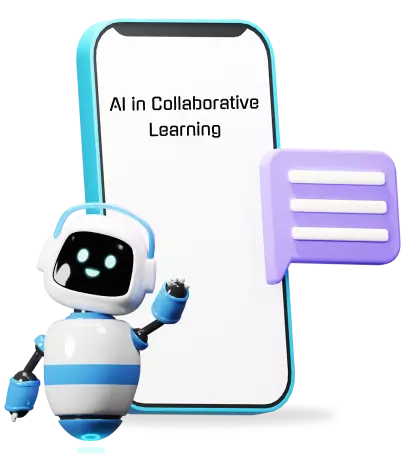
AI Tutors: Personalized Learning for Students in the Digital Classroom
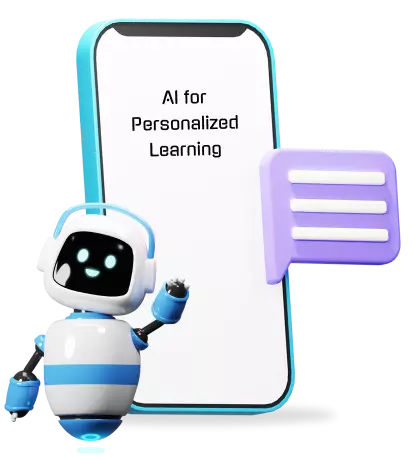
AI and the Future of Teacher-Parent Communication
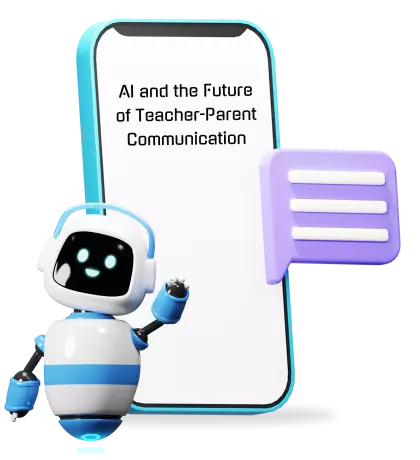
AI in Curriculum Design: Adapting Education for the Future
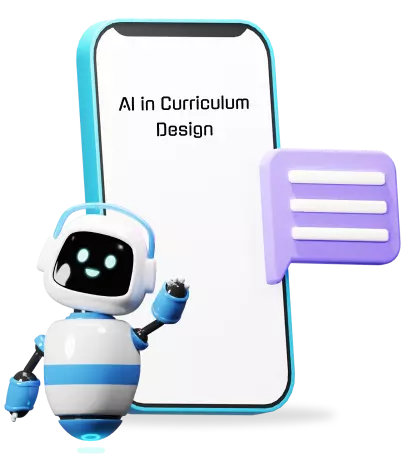
AI and Multilingual Education: Bridging Language Barriers in Learning
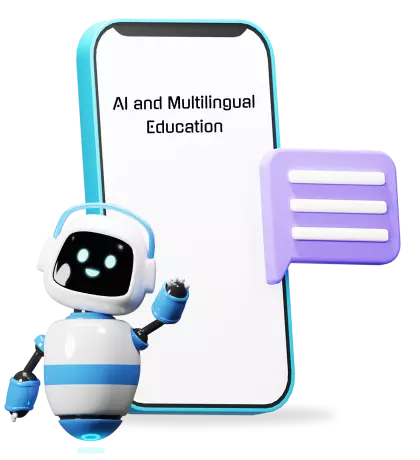
AI and Special Education: Empowering Students with Disabilities
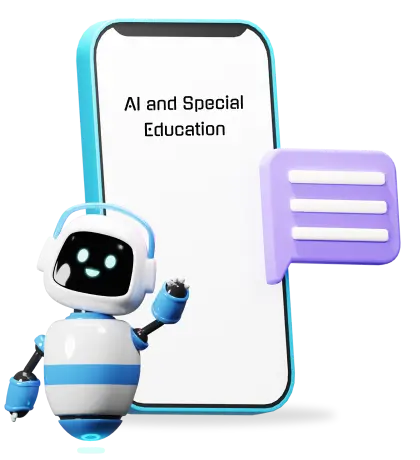
AI and Research Discovery
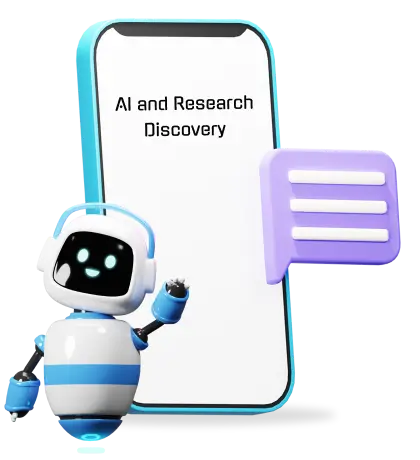
AI in Peer Review: Transforming the Academic Publishing Process
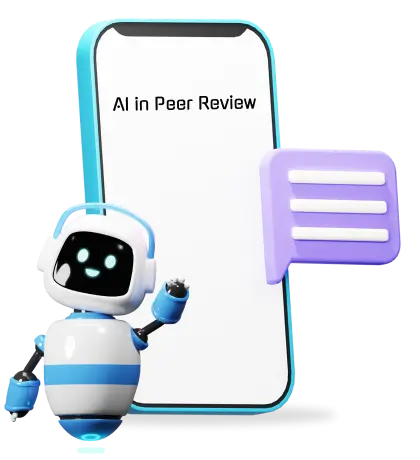
AI's Impact on Student Performance
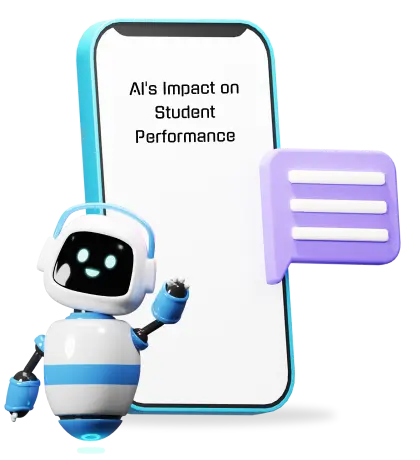
Ethical Considerations in AI Research: Ensuring Fairness and Bias Mitigation
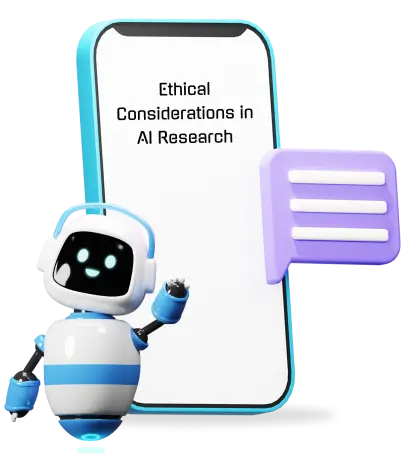
Ethical Considerations in AI-Generated Academic Content
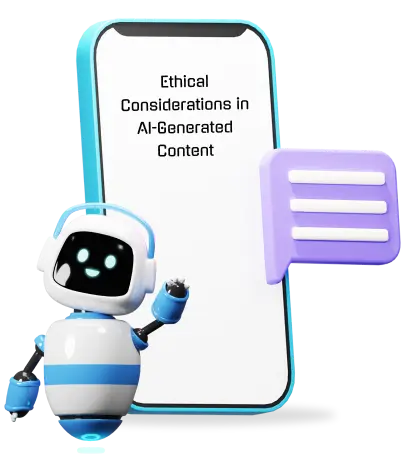
The Future of AI in Academic Writing: Trends and Predictions
